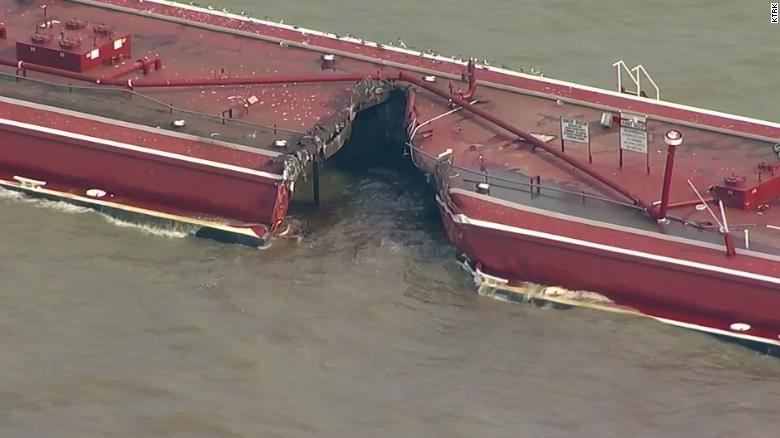A client’s vessel was tied to the dock, unloading its catch. Another fishing vessel struck his boat while backing out. The offending captain said not to worry, that he had excellent coverage and passed along his insurance agent’s contact information. After a couple of weeks of dealing with the other company’s adjustor, my client was informed that there was no coverage for this claim. The owner who had struck him had hull coverage, but no liability.
If you have a lender involved with your vessel, most likely they will require proof of hull coverage to protect their interests. What they do not ask for is proof of protection and indemnity (P&I) coverage. These are two separate policies that provide different coverages for your commercial vessel. P&I provides coverage for any crew and passengers, as well as any damage to something you hit, whether it be another vessel or a pier. Your hull insurance provides coverage for damage to your vessel, wreck removal and collision liability up to the limits of your hull coverage.
But when is a collision not a collision?
You might think that in the case mentioned above that a collision occurred − one vessel ran into another. But because one boat was secured to a dock and not moving, the event became an allision. In the insurance world, when one vessel strikes another moving vessel, this is a collision. When a vessel strikes a fixed or non-moving object, this is an allision. In our client’s claim, he was secured to the dock. It was an allision, which would normally be covered under the P&I policy. As the other vessel did not have P&I, the claim was denied. Fortunately, in this case our client’s insurance company stepped in and covered the claim. The insurance company then has the option to go after the vessel owner to recover payments for the loss.
By opting to not carry P&I, a vessel owner opens himself up to a wide range of potential claims that would not be paid. Each part of a commercial vessel’s policy is specifically worded to cover certain parts of a vessel, as well as its operation. Don’t make the mistake of thinking some coverage is better than none.




